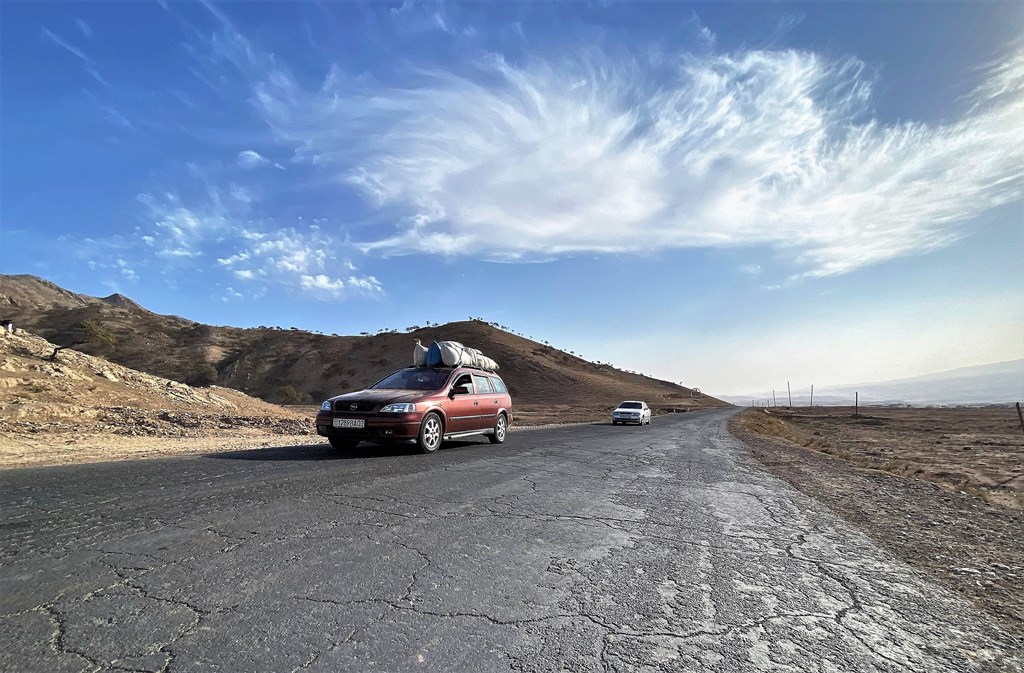The Asian Development Bank (ADB) has approved additional grant financing of US$43.2 million to scale up the safety and reliability of the road network in southern Tajikistan and enhance women’s access to social and economic activities, according to ADB Tajikistan Resident Mission (TJRM).
“Given its mountainous terrain, landlocked location, and the fact that other modes of transport remain underdeveloped, roads play a key role in moving people and goods in Tajikistan, both domestically and internationally” said ADB Director General for Central and West Asia Yevgeniy Zhukov. “ADB has provided comprehensive assistance to improve key international road corridors and we’re now moving to help strengthen the domestic road network. This responds to the government’s needs.”
The additional grant will rehabilitate a 40-kilometer section of road from Oqmazor to Bokhtar in the populous Khatlon province in southern Tajikistan. The design incorporates climate-resilient features to protect the road from potential extreme weather and renders it accessible year-round. It also includes safety features to improve road users’ safety and comfort.
The grant supplements an ongoing US$67.5 million grant approved by ADB in 2020 to rehabilitate Danghara-Oqmazor and Hulbuk-Kangurt road sections, assist the development of the road asset management system, and engage women along the sections in socioeconomic opportunities.
The road sections being improved under the ongoing project and additional financing link up with Asian Highway 66, a vital road connection between Asian and European countries. The project supports the goals of the Central Asia Regional Economic Cooperation Program by improving connectivity and competitiveness of key national roads that connect to international corridors.
“This project will help strengthen regional connectivity in southern Tajikistan with local people and businesses standing to benefit from the improved roads,” said ADB Transport Specialist for Central and West Asia Rika Idei. “Our ongoing assistance to develop the road asset management system will help the government identify where maintenance is needed and implement it timely – ultimately helping to ensure the long-term sustainability of roads.”
The project will also support women residing along the Oqmazor-Bokhtar road section through education programs designed to impart critical skills in managing business start-ups and household finances. The training will be delivered using mobile phones and schooling events.
Since Tajikistan joined ADB in 1998, the bank has provided over US$2.5 billion in assistance to the country, including over US$1.8 billion in grants. ADB’s 2021–2025 country partnership strategy for Tajikistan focuses on three strategic priorities: structural reforms to enhance resource allocation and mobilization, improving labor productivity through human capital development, and fostering better livelihoods by investing in the land-linked economy.
Established in 1966, the Asian Development Bank is owned by 68 members—49 from the region.




